Discover Portugal
-
Best Time to Visit Portugal
Temperatures in Portugal typically don't dip too low, even in winter the lowest it will get is around 5-10°. In the south, it will generally be warmer than this and winter still allows for some decent cycling days. Summer, on the other hand, can be very hot depending on where you are in the country, with highs soaring into the mid-high 30 degrees Celsius in the south. For this reason, we recommend visiting during the shoulder seasons of late spring/early summer (May or early June) or late summer (late August to September and into October) to avoid the extreme heat.
Spring
If you are looking for warmth with fewer crowds this is a great time to visit the Algarve in the country's south. Spring and early summer are also one of the best seasons for festivals. The beginning of April brings Holy Week celebrations as well as the annual Seafood Festival in Lisbon, which is well worth a visit.
Summer
If the hot summer months of July and August are the only time you can travel, consider visiting the north of Portugal where temperatures don't soar quite as high. Here you'll still be able to enjoy comfortable cycling temperatures whilst also taking to the beach of an afternoon if you are so inclined. Check out the regions of Minho and Douro in the north and Porto, one of Europe’s great cities with its UNESCO World Heritage centre and famed for producing port (as well as some of the best wine in Portugal!).
Autumn
September temperatures are ideal for cyclists, but it can still be quite hot in the south. However, it's much more bearable than the height of summer, making it a good time to explore the rugged coastline and white-sand beaches (and beach bars) of the Algarve. In October, temperatures begin to dip across the country, so trips in the north around the Minho and Douro may be too chilly for some, while for others who don't like the heat these regions provide ideal cooler weather.
![Best Time to Visit Portugal]()
-
Portuguese Cuisine - Bom apetite!
Home to some of Europe's best wines, port, cinnamon-topped custard tarts (pastel de nata), and a passion for pork and seafood the Portuguese are certainly passionate about their cuisine. Portugal has it all, from Michelin Star restaurants to casual rooftop tapas bars, so make sure to seek recommendations from your hosts on the best local options.
Wine
Portugal's unique vinho verde (green wine) is a young, fresh and incredibly quaff-able variety of wine with a low alcohol content, making it the perfect lunchtime drink. Its cold, fresh nature helps cut through the heat at this time of day - so there's no excuse not to indulge!
Additionally, there are several outstanding wine-producing regions in Portugal, and while it is always good to drink local, it's well worth investigating big reds from Douro (Europe's oldest demarcated wine-producing region) and Portugal's central Alentejo region.Port
It would be remiss to talk about wine and not mention port - Portugal’s most famous export. Port is a fortified wine, grown mainly in the Douro Valley and comes in a range of expressions, far more than appear on the shelves in the UK. Take recommendations from your local bartender as to which ports to sample, it can lead to a wonderful night!
Seafood
With such a long coastline relative to the size of the country it should come as no surprise that the Portuguese love seafood. Most fish will be cooked whole on the grill and delivered head and all to your plate with some simple boiled veg. It looks plain, but tastes amazing! To go local, saturating your potatoes in olive oil is the way to go. Every lunchtime in the more rural parts of Portugal the smell of barbecued sardines will waft through the air as just about every local cooks these for lunch.
The other seafood in Portugal which is ubiquitous is Bacalhau or salt cod. This is salt-dried cod which can be eaten in a myriad of different ways. Bacalhau a Bras, sees it shredded in with straw potatoes and fried into a delicious salty cake, or Bacalhau com Natas is almost like dauphinoise potatoes with salt cod through them. Creamy, salty and entirely delicious - such is their obsession with seafood that the Portuguese have 365 ways of cooking this fish, one for every day of the year!
Pastéis de Nata
These delightful little pastry cups filled with creamy custard and topped with cinnamon are said to have been created by monks and nuns. The story goes that they had leftover egg yolks from starching their habits so whipped them up with sugar to create something very like the custard tarts that you'll find across the country today. The Fábrica de Pastéis de Belém, the most well-known pastry shop in Portugal is reputed to have bought the original recipe from the inhabitants of the nearby Mosteiro dos Jerónimos monastery who sold it for income to delay the monastery's closure after the liberal revolution of 1820. Most days you will this Lisbon pastry shop queued out but many others sell the same delicious pastries.
![Portuguese Cuisine - Bom apetite!]()
-
8 Facts About Portugal
1) The nation was founded in 1139, making it the oldest nation-state in Europe, and it's borders haven't changed much since 1297 when the region of the Algarve was handed over to the Portuguese by the Spanish.
2) Portuguese, spoken by over 220 million people, is the official language of 9 countries; Angola, Brazil, Cabo Verde, East Timor, Equatorial Guinea, Guinea-Bissau, Macau, Mozambique, Sāo Tomé and Principe, and is also spoken in Goa in India.
3) Lisbon, the Portuguese capitol, is home to Livraria Bertrand the oldest book shop (now a chain) in the world, with records dating back to 1732. The first physical shop was destroyed in the Great Earthquake of 1755, but the chain of shops remains.
4) The Portuguese have a rich artistic culture, including a unique genre of music called fado thought to date from the 1820s, though likely much older. Traditionally sung by the working class these melancholy songs, often about the sea or a deep longing are often accompanied by guitar or violin. The genre is also recognised by UNESCO as an "Intangible Cultural Heritage".
5) Portugal is the world's biggest exporter of cork (approx. 70% of exported cork comes from Portugal) - the mild climate provides ideal growing conditions for cork trees. It is illegal to fell a cork tree without informing the government!
6) Portugal's colonial empire spanned around 600 years until 1999, making it the oldest in Europe. In the 15-16th centuries during the so called "Age of Discovery". Ferdinand Magellan was the first person to sail around the world, and Bartholomew Diaz sailed around the tip of Africa, naming it the Cape of Good Hope.
7) Since 1373 Portugal and England have diplomatic allies, making this the world's oldest political alliance.
8) In 2020 approximately 60% of Portugal's energy needs where fulfilled by renewable sources like wind, solar and wave power, with wind power being the biggest contributor.
![8 Facts About Portugal]()














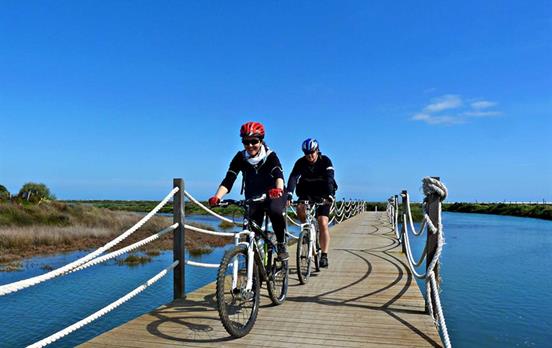

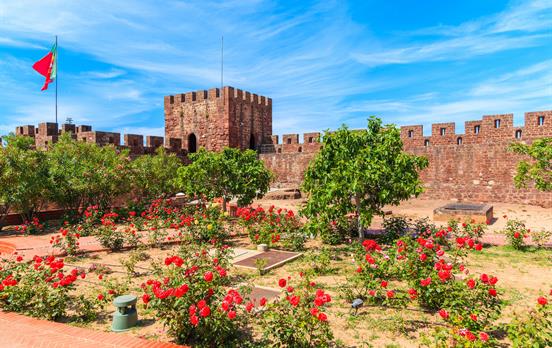
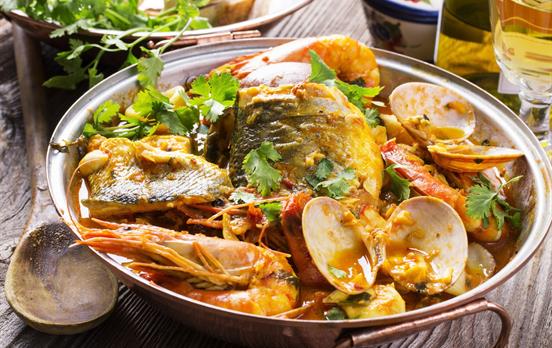
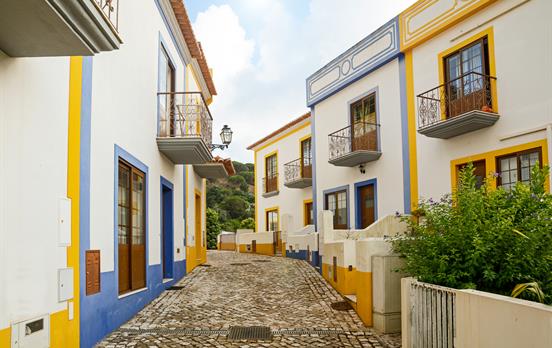
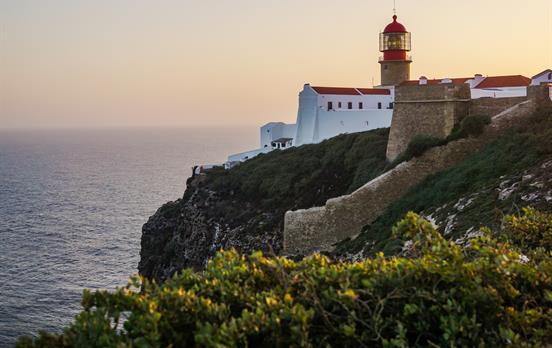
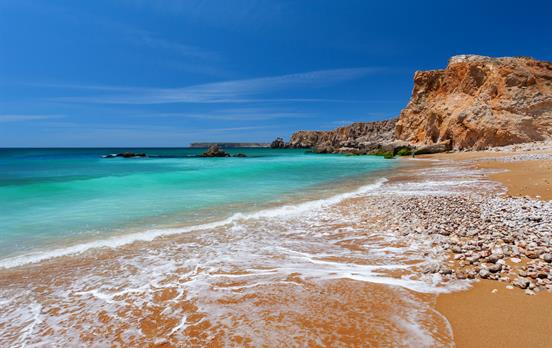
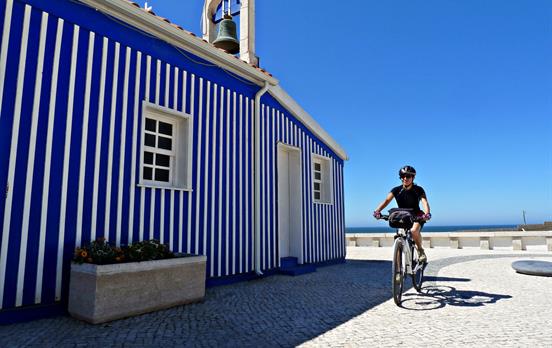


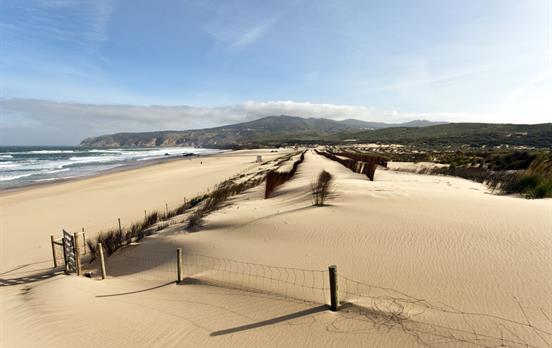
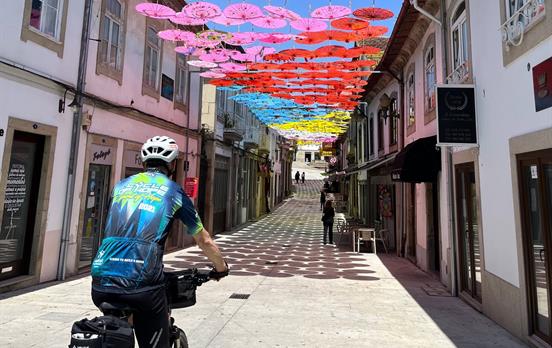
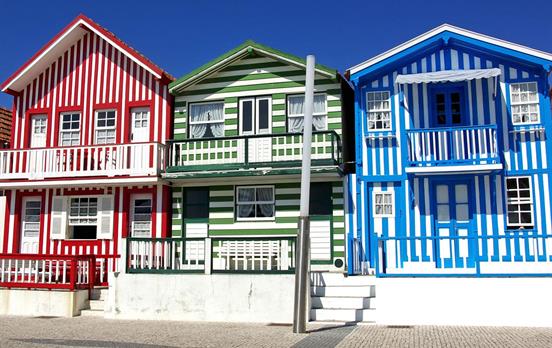
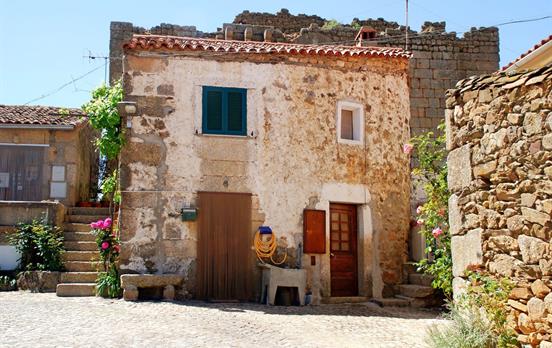
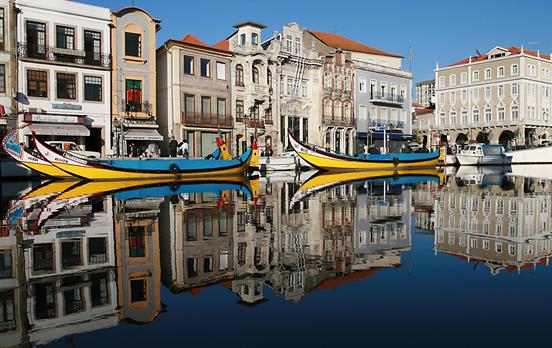
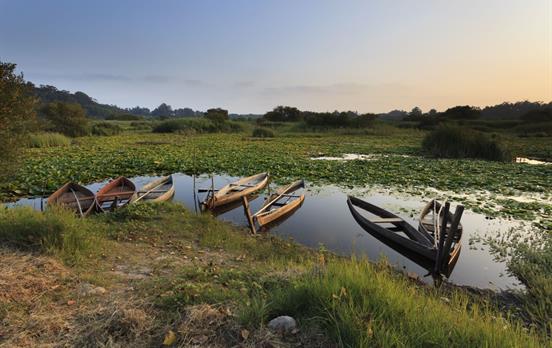
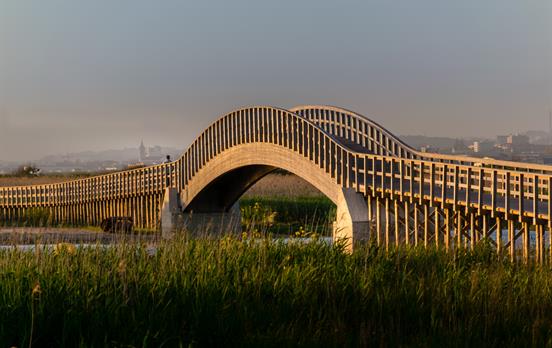
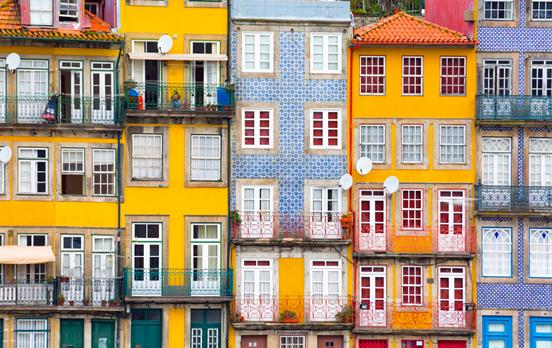
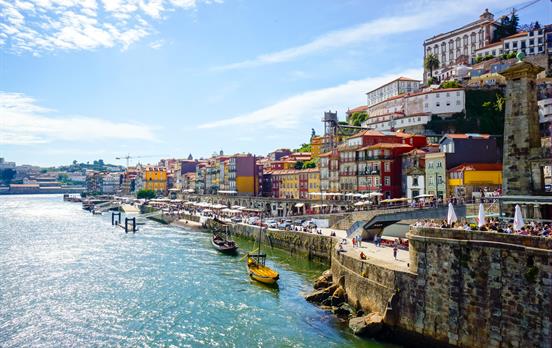
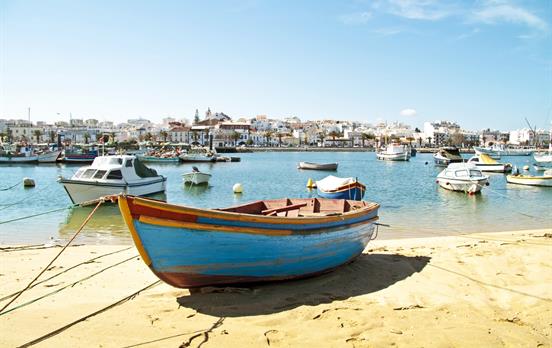
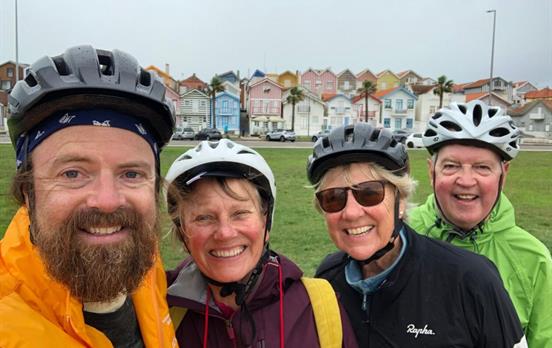
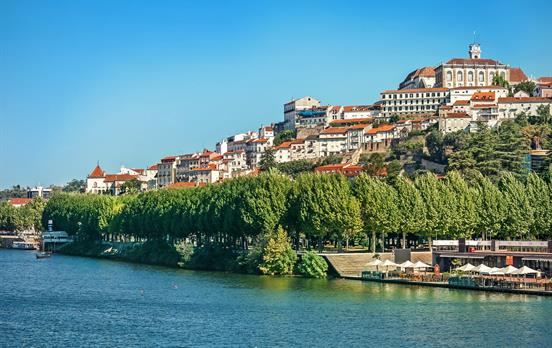

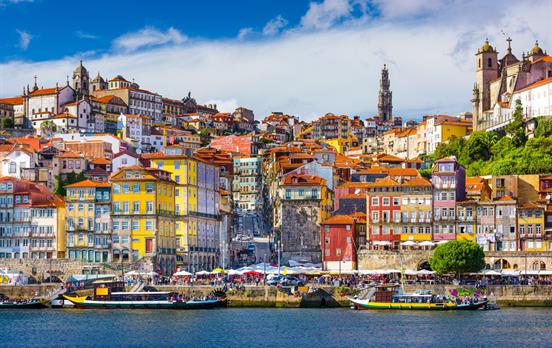
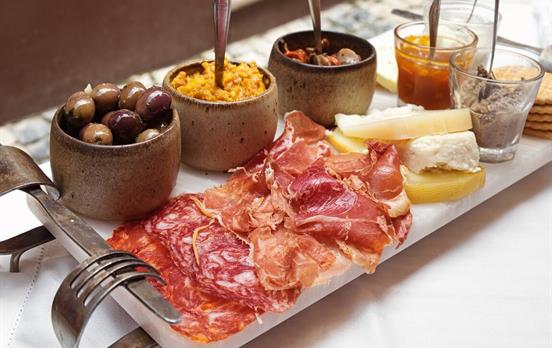
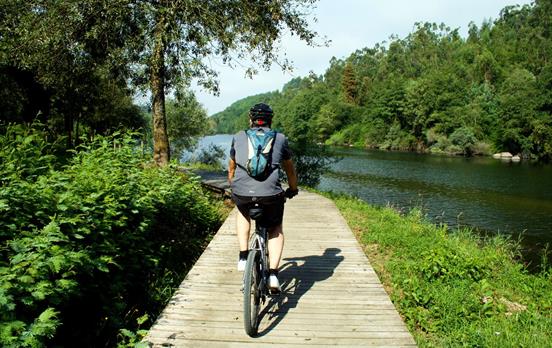
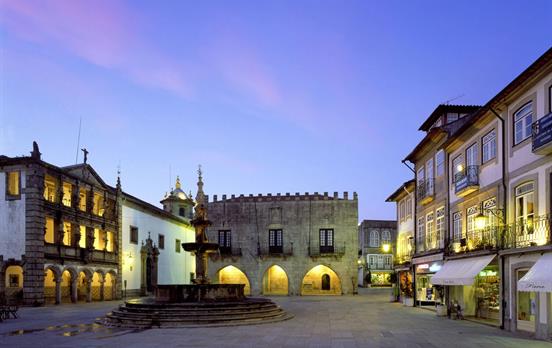
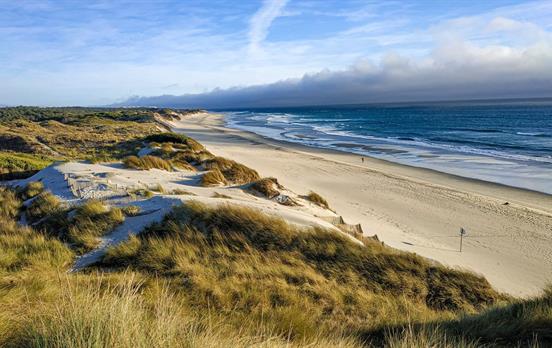
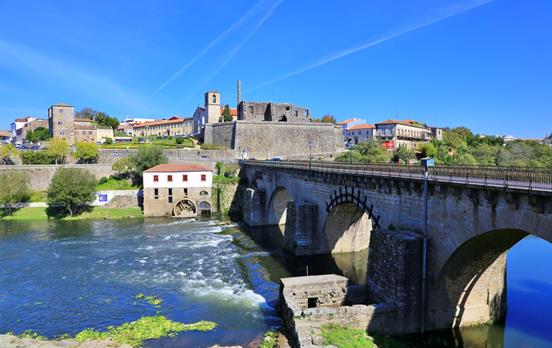
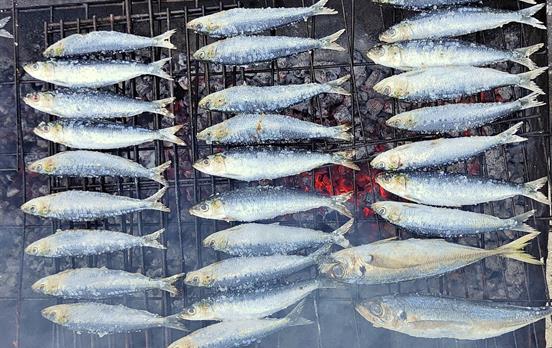
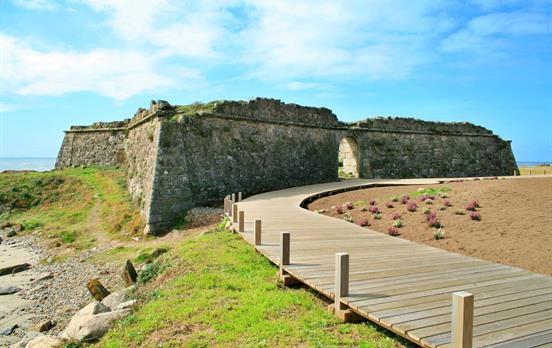
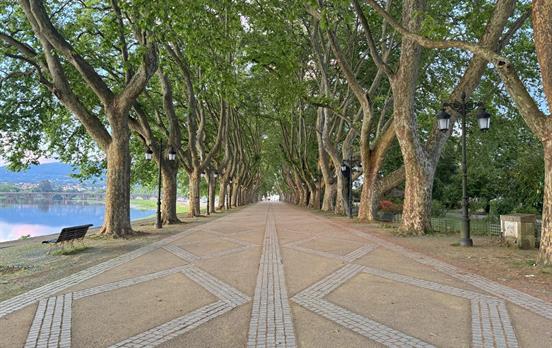
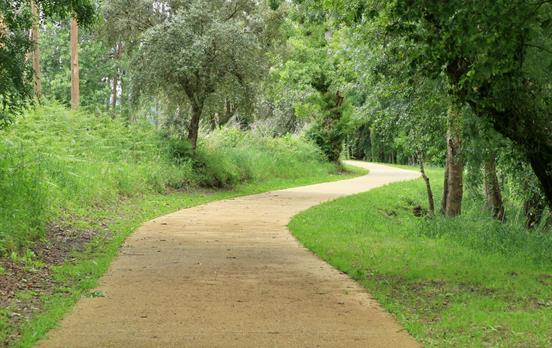
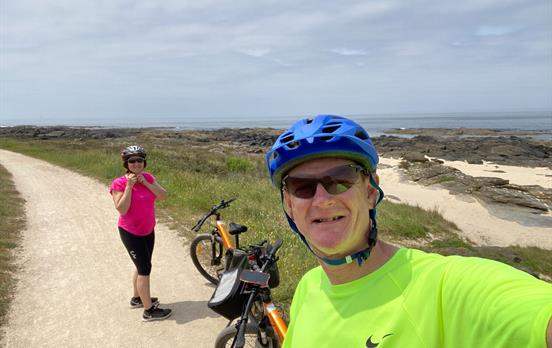
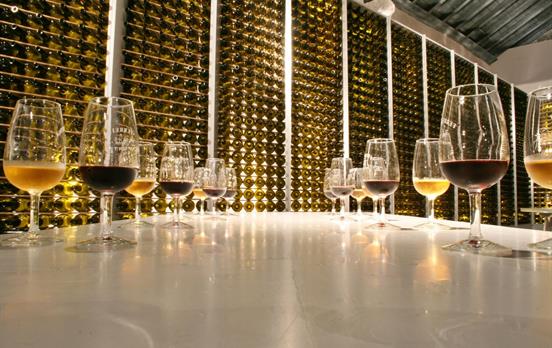

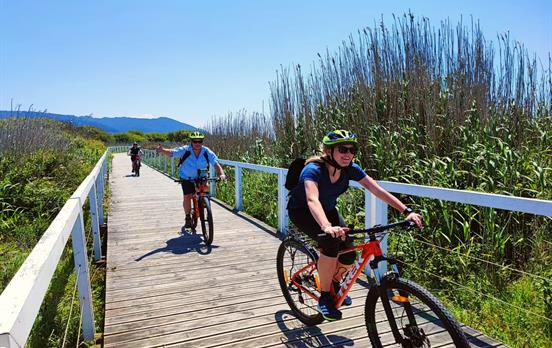
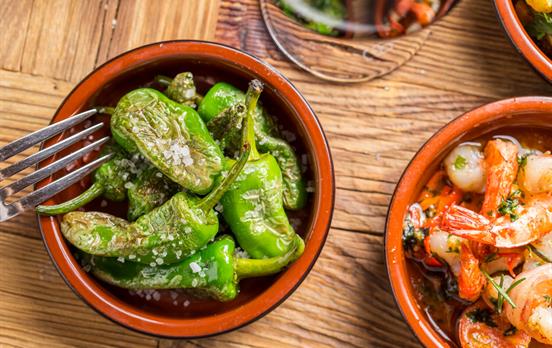
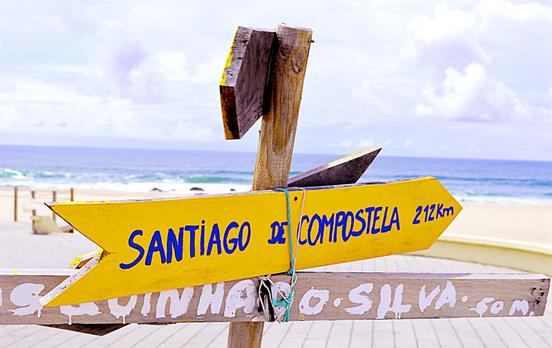
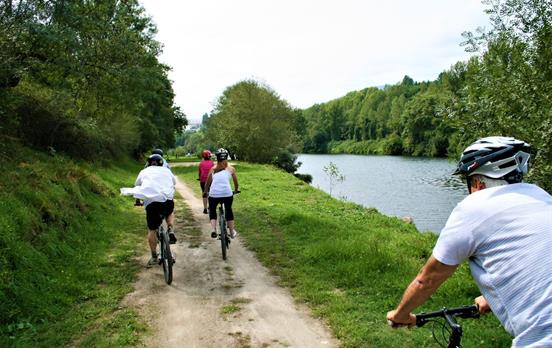
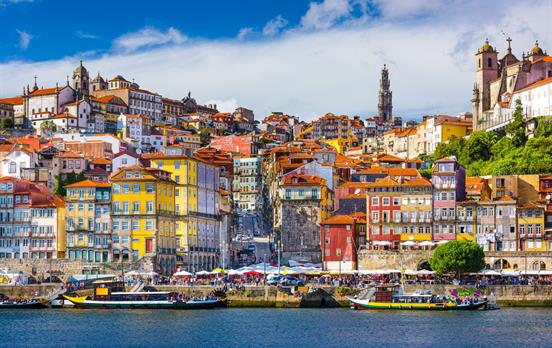
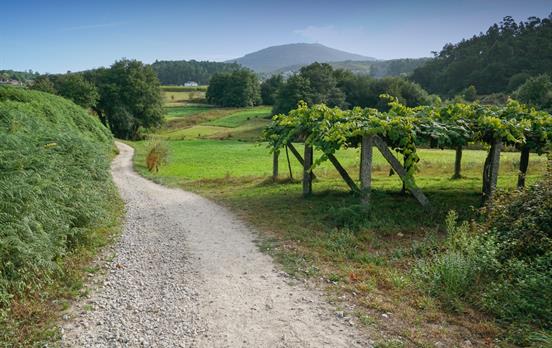
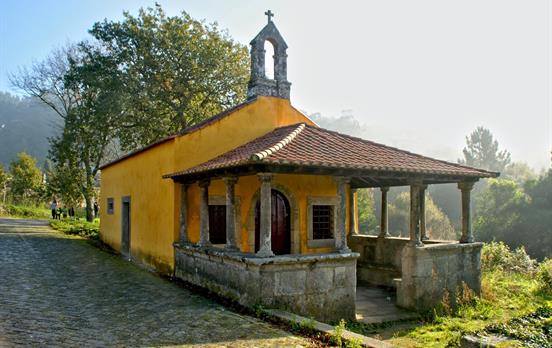
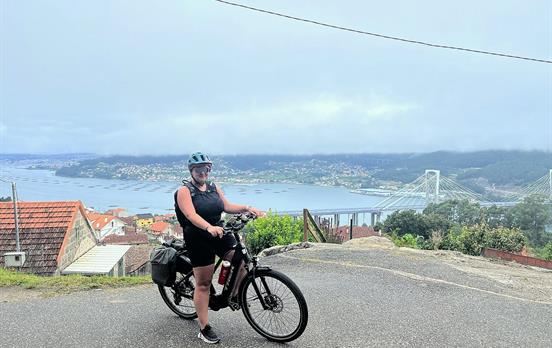
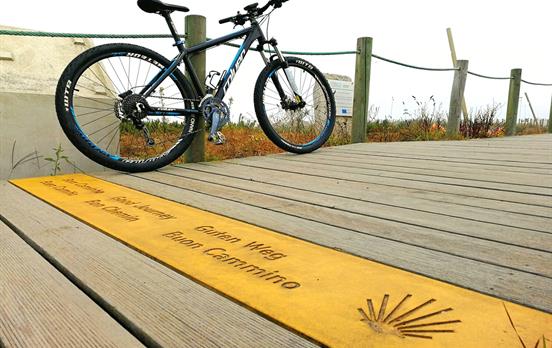
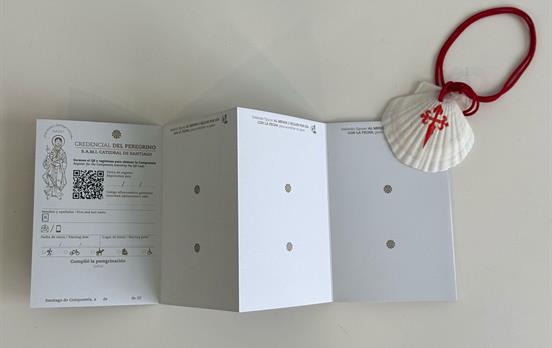
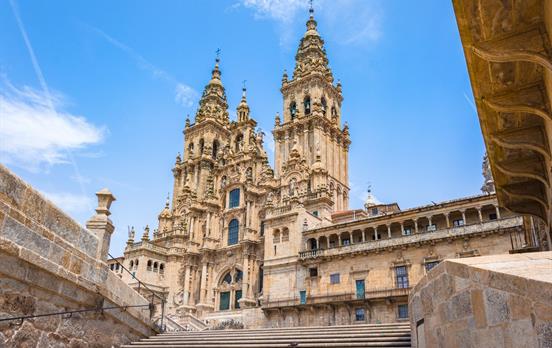


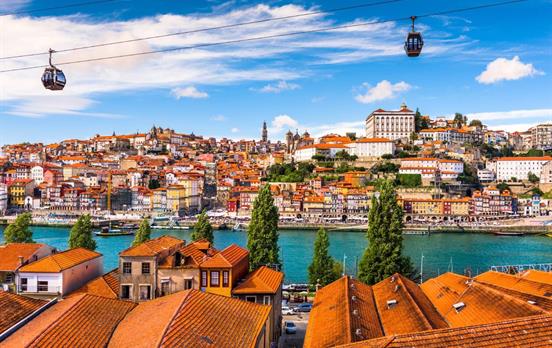
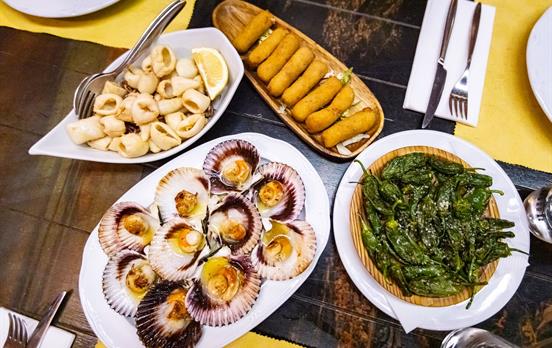
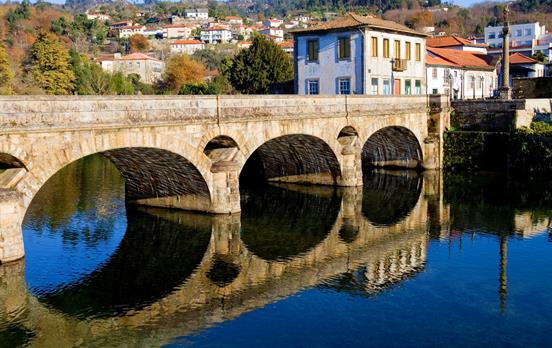
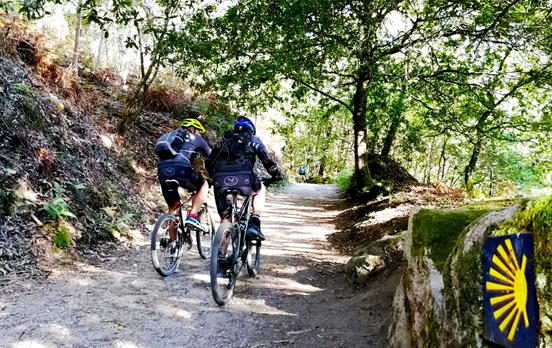
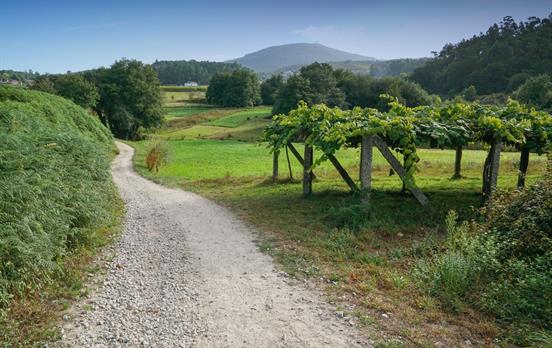
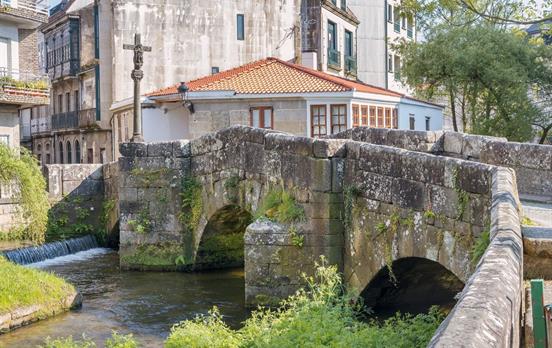
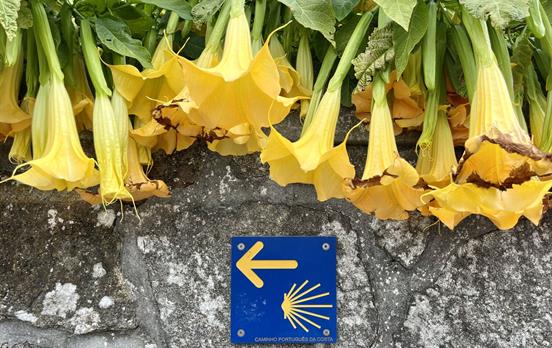
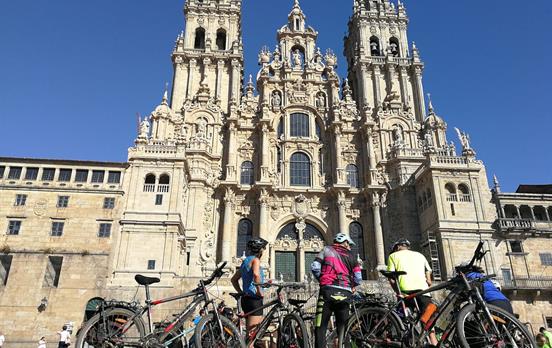

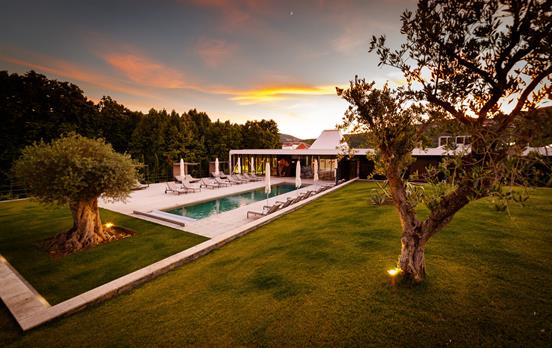
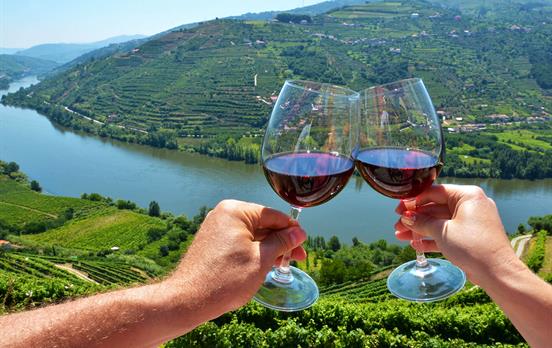
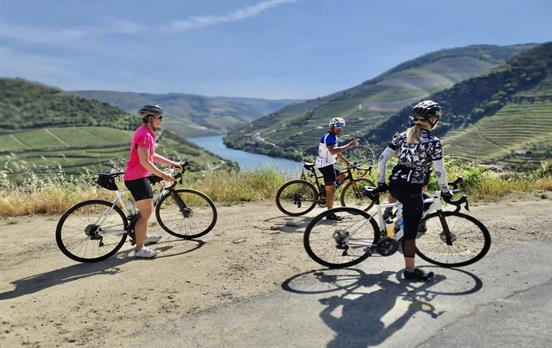
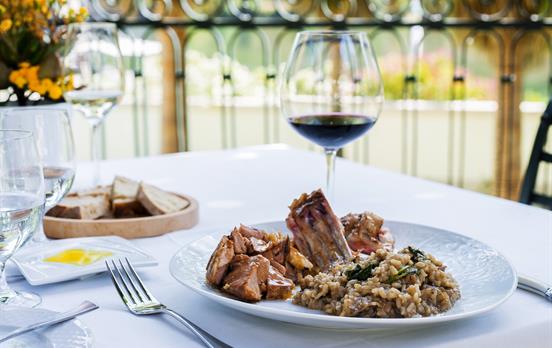
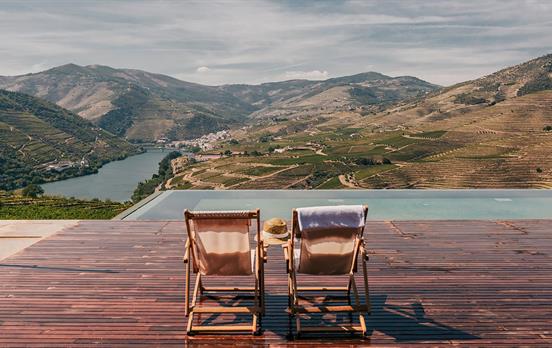
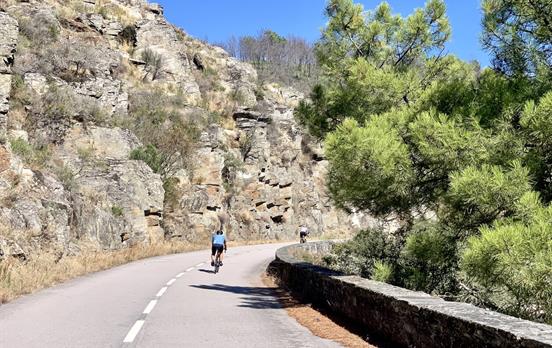
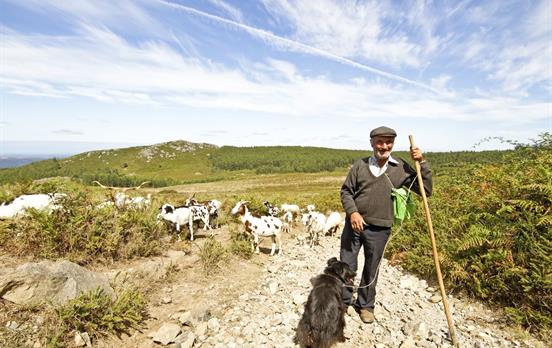
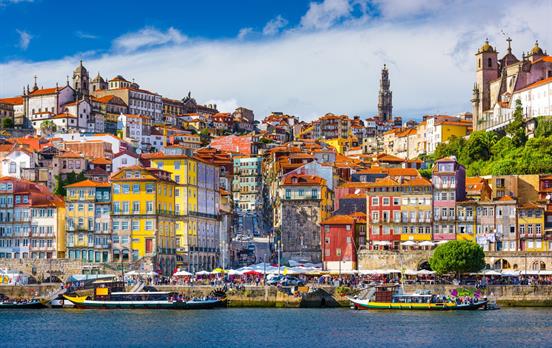
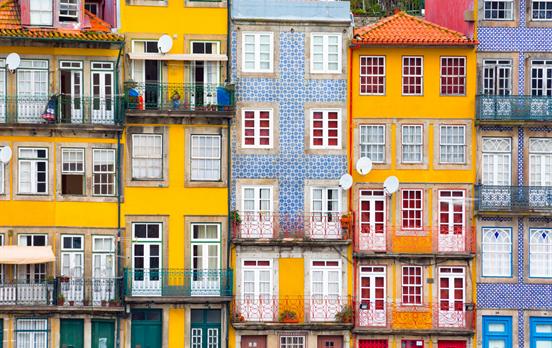

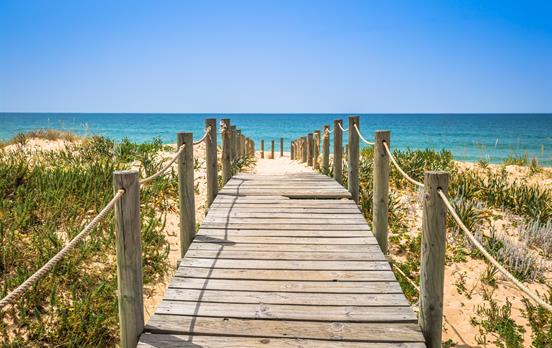
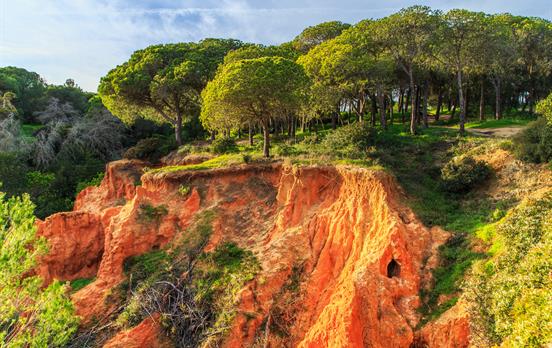
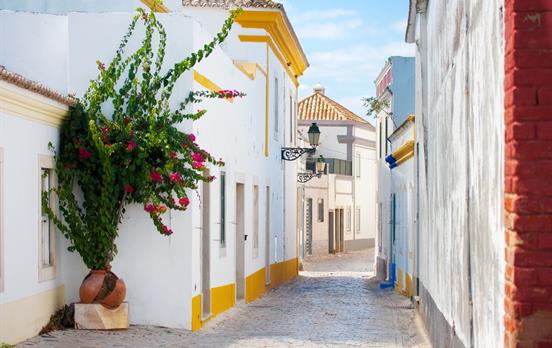
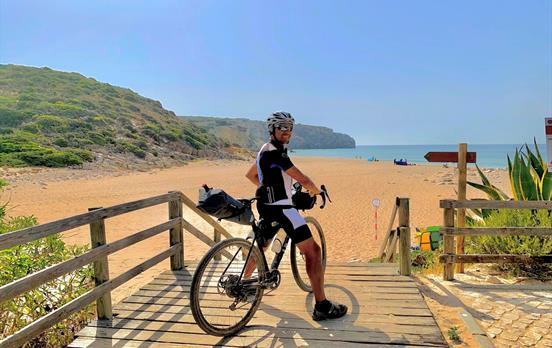
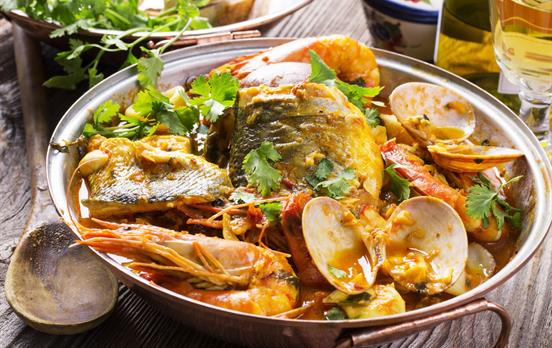
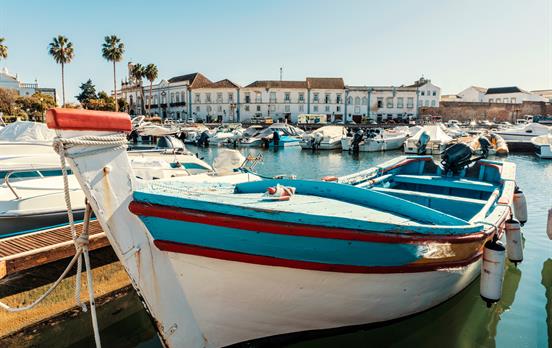
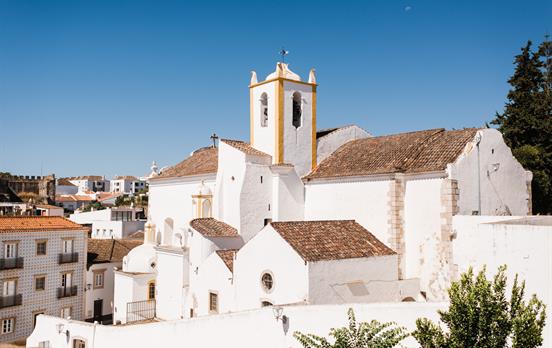
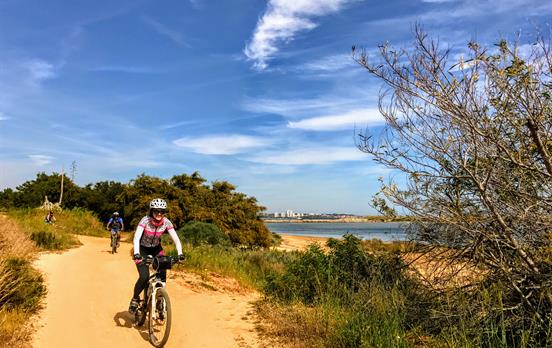
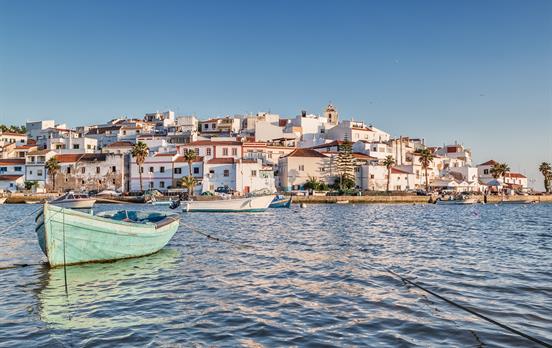
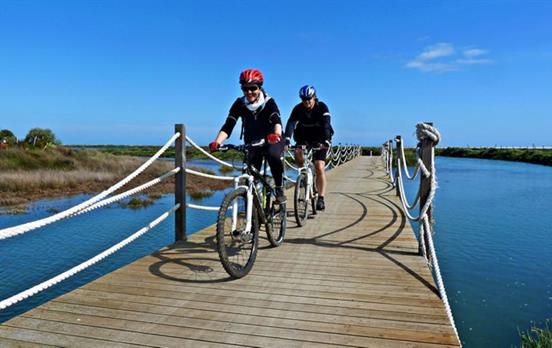

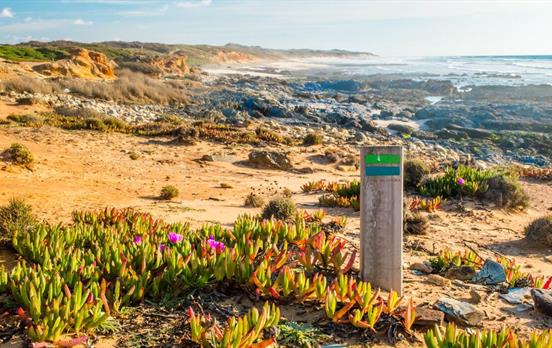
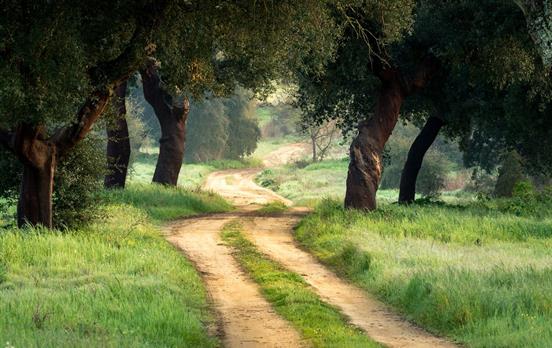
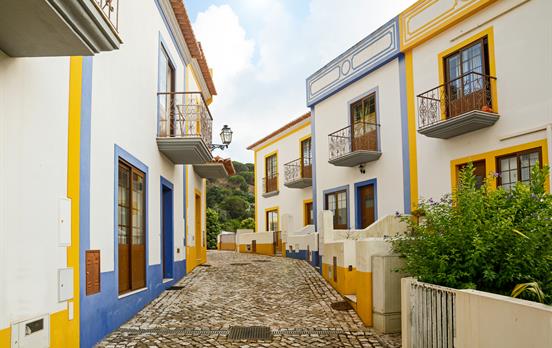
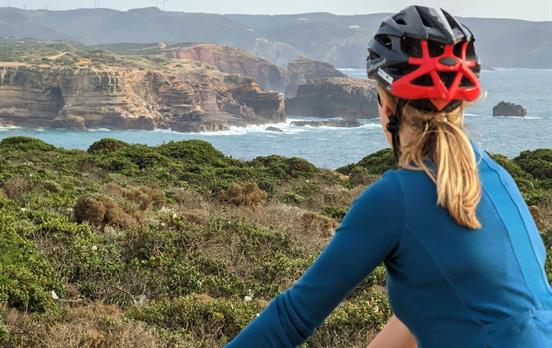
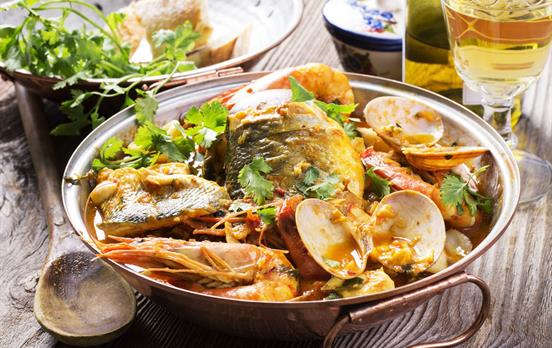
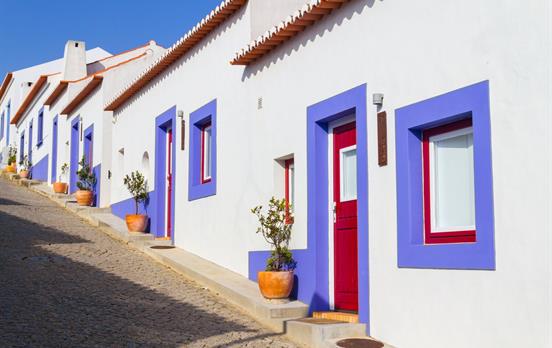
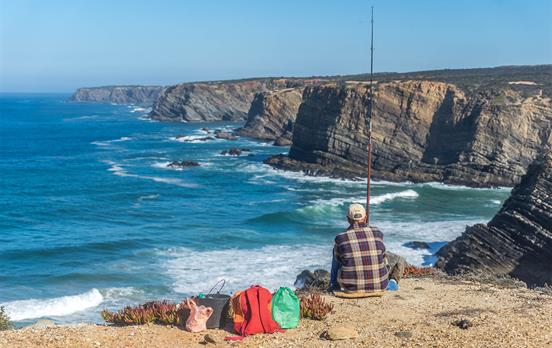
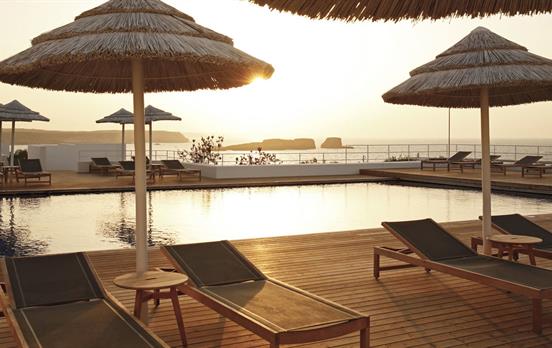
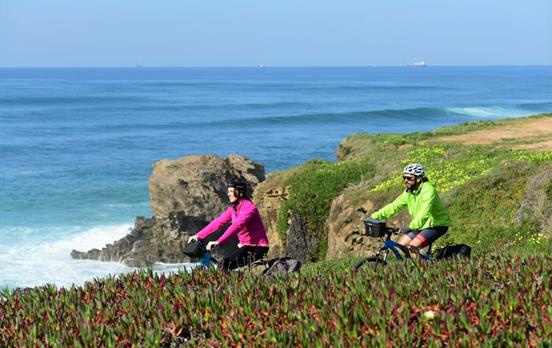











 Australia
Australia New Zealand
New Zealand South Africa
South Africa European Union
European Union